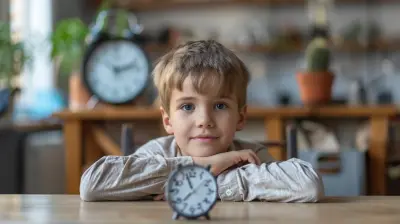How to Use Play to Redirect Negative Behaviors
29 April 2025
Parenting is a rollercoaster ride, filled with laughter, love, and—let's be real—some pretty challenging moments. If you’ve ever dealt with tantrums, defiance, or meltdowns, you know they can test your patience. But what if I told you there’s a way to handle these moments without power struggles?
Enter play—your not-so-secret weapon for redirecting negative behaviors. Kids naturally communicate through play, making it an ideal tool to guide them toward more positive actions. In this article, we’ll dive into how play can help manage misbehavior, why it works so well, and practical ways to incorporate it into everyday parenting.
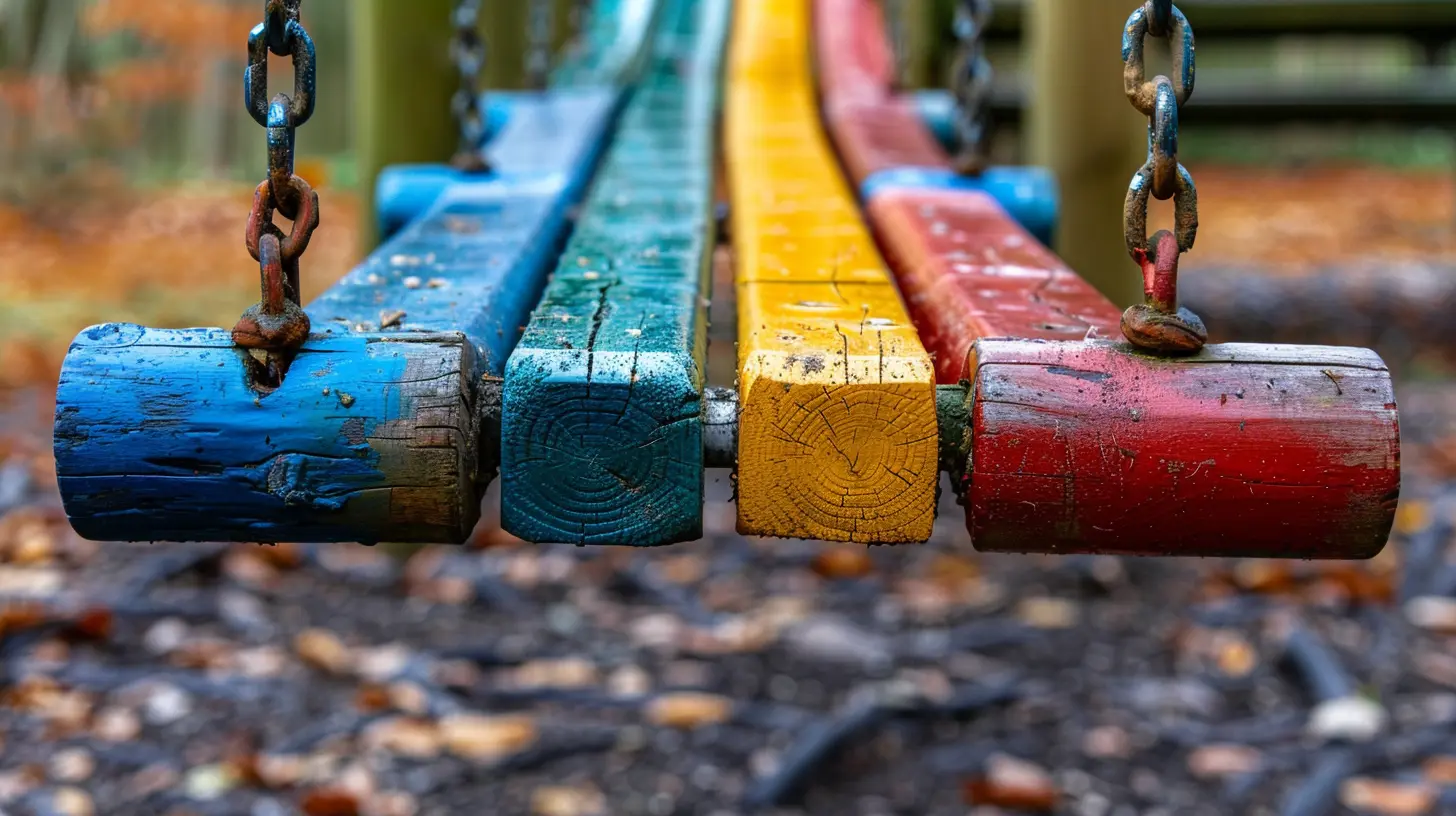
Why Play Works as a Behavior Management Tool
Children don’t always have the words or self-control to express what they’re feeling. When frustration kicks in, it often comes out as whining, hitting, or full-blown tantrums. Play helps in several ways:- It’s their language: Kids express themselves best through play. Whether it’s pretend play, games, or physical activity, it helps them process emotions without needing complex words.
- It reduces power struggles: Instead of butting heads over rules, play allows kids to reframe situations in a way that feels natural and engaging.
- It builds connection: When you engage in play, children feel understood and valued, making them more likely to cooperate and listen.
- It releases tension: Just like adults need a good laugh or workout to relieve stress, kids need play to shake off frustration and regulate their emotions.
Now that we know why play works, let’s talk about how you can use it in real-life situations.
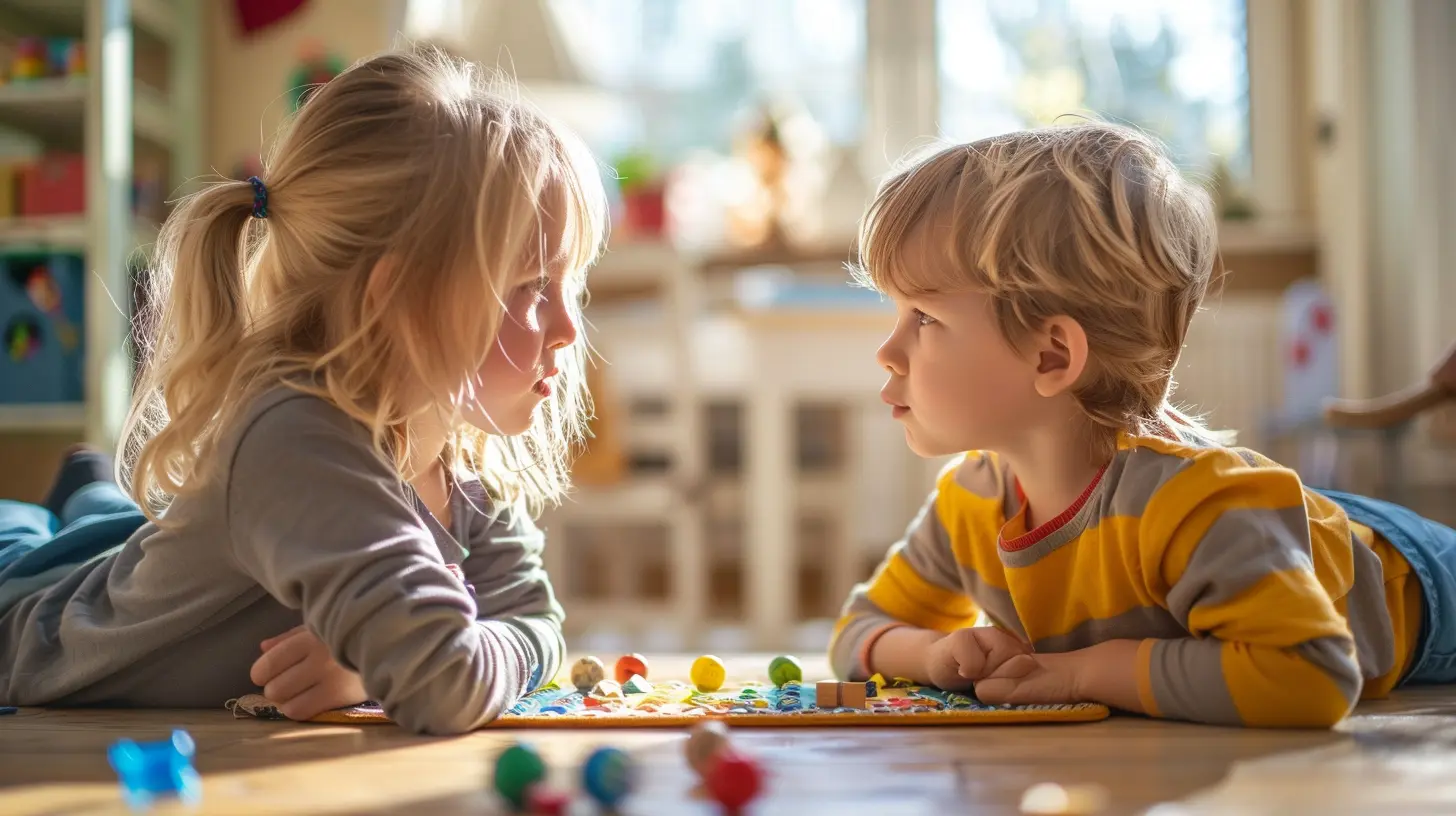
Playful Strategies for Redirecting Negative Behavior
Every child is different, but these playful techniques can work wonders when handling challenging behaviors.1. Turn Power Struggles into Games
Let’s say your child refuses to put on their shoes. Instead of demanding, "Put your shoes on now!" try turning it into a challenge:💡 "Let’s see if you can get both shoes on before I count to 10!"
When something becomes a game, kids are more motivated to participate. You can even introduce silly voices, a pretend race, or a reward like a high-five.
2. Use Pretend Play to Teach Emotional Regulation
If your child is struggling with hitting when frustrated, reenact similar situations with stuffed animals or action figures.🧸 "Oh no! Teddy is mad because his block tower fell. What do you think he should do instead of hitting his friend?"
Helping kids act out solutions in a low-stress setting prepares them to handle emotions better in real life.
3. Make Cleaning Up a Fun Challenge
Few kids jump for joy at the mention of chores. Instead of the usual nagging, introduce a playful twist.🎶 "Let’s see who can pick up the most toys before the song ends!"
Adding a race, music, or a fun voice transforms clean-up time from a dreaded task into an engaging activity.
4. Redirect Aggression with Physical Play
Sometimes, kids just need an outlet for pent-up energy. Instead of telling them to “stop running” or “calm down,” give them a fun alternative.🎈 "Let's have a pillow fight!"
🎯 "Can you throw this ball into the laundry basket instead of throwing toys?"
Providing healthy ways to release frustration prevents outbursts from escalating.
5. Use Humor to Defuse Tension
Laughter is a powerful tool for disarming defiance. If your child is stomping around refusing to brush their teeth, try something unexpected.😂 "Oh no! Did someone glue your feet to the floor? I better tickle you to unstick them!"
Injecting humor shifts the energy from resistance to connection, making kids more cooperative.
6. Role Reversal: Let Them Be the Boss
Kids often act out when they feel powerless. Giving them a chance to take charge—through play—can change their attitude.👑 "Okay, you’re the parent now! Tell me how I should get ready for bed."
Let them guide you through the routine, and you’ll be surprised how much they engage (and giggle).
7. Offer Playful Choices
Instead of telling your child what to do, give them a sense of control with playful choices.🤹 "Do you want to hop like a bunny to the car or waddle like a penguin?"
When kids feel involved in decisions, they’re less likely to resist.
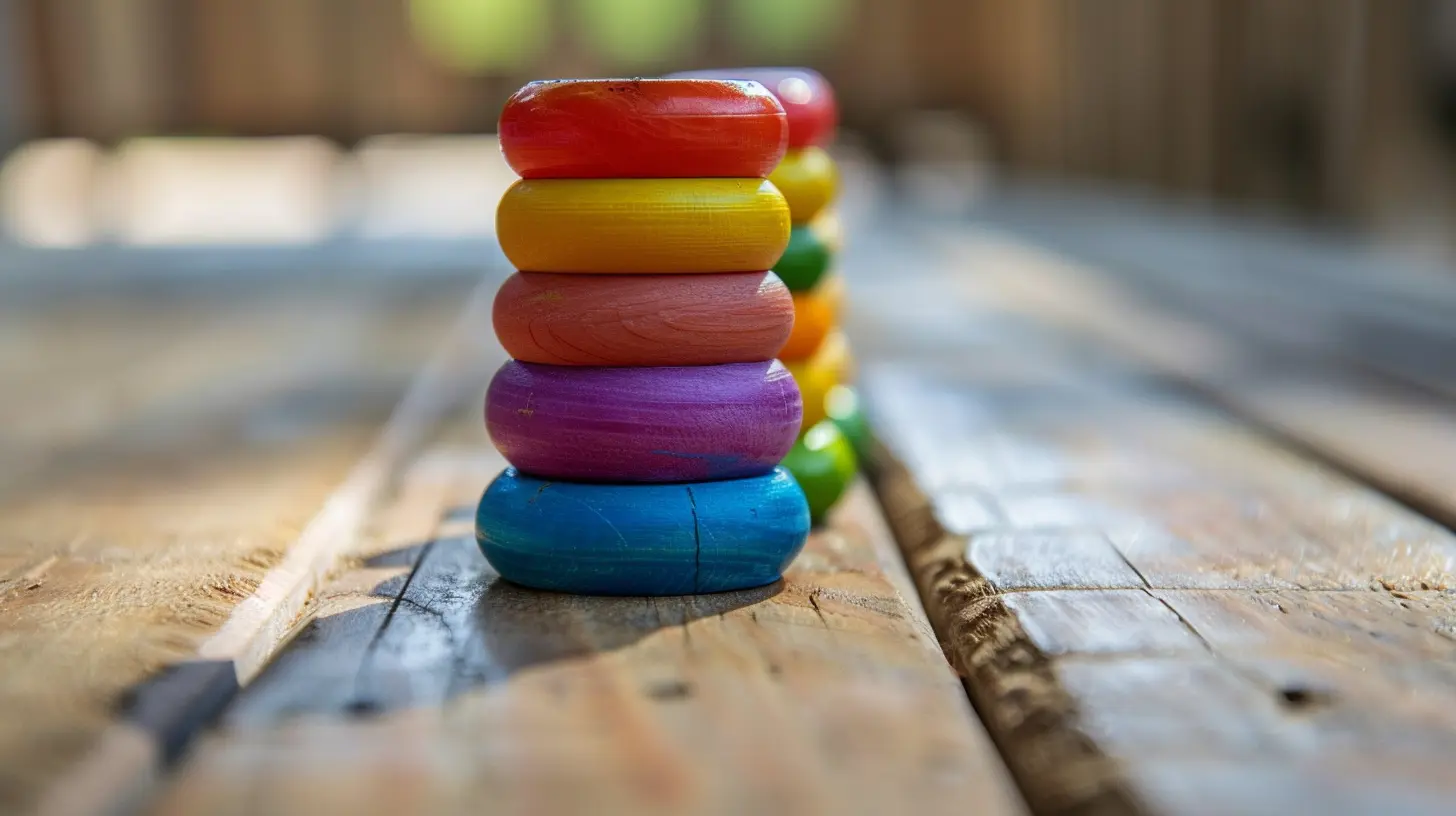
When Play Doesn't Seem to Work
While play is a fantastic tool, there are moments when it might not work right away. Here’s what to keep in mind:- Timing matters: If your child is in full meltdown mode, they might need a moment to calm down before engaging in play.
- Keep it light: If they sense that you're using play as manipulation rather than genuine connection, they may resist.
- Consistency is key: The more you incorporate play into your parenting style, the more natural it becomes for both you and your child.
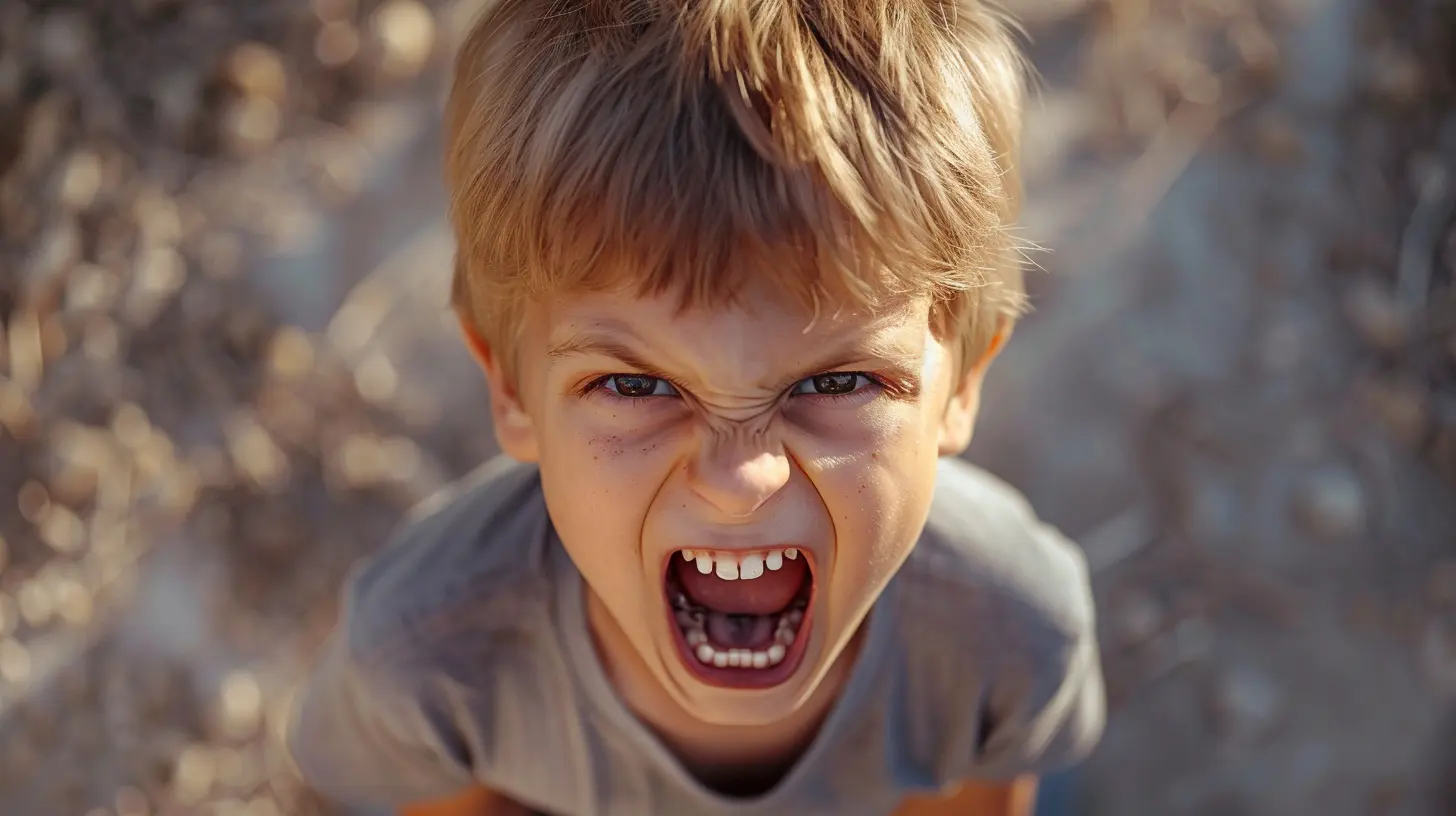
The Power of Play in Strengthening Parent-Child Bonds
Beyond just redirecting behavior, play strengthens the parent-child relationship. When kids feel safe, loved, and understood, they naturally become more cooperative and emotionally resilient.Next time your child is struggling, pause before reacting. Instead of jumping straight to discipline, try a playful approach. You might be surprised at how quickly laughter and connection replace frustration.
Because, at the end of the day, childhood is meant to be full of play—and parenting can be too.
all images in this post were generated using AI tools
Category:
Positive DisciplineAuthor:

Karen Hurst
Discussion
rate this article
4 comments
Aleta McGivern
Play is a powerful tool that not only captivates children but also fosters emotional intelligence, allowing them to explore, express, and transform negative behaviors into positive interactions and connections.
May 14, 2025 at 3:14 PM

Karen Hurst
Absolutely! Play is essential for emotional growth, helping children learn to navigate and transform their feelings through positive interactions.
Zinna Henson
Play is a powerful tool in parenting, offering children a safe space to express themselves. By engaging in playful interactions, we can redirect negative behaviors and foster emotional growth. Embrace creativity in your approach; sometimes, a simple game can transform a challenging moment into an opportunity for connection and understanding.
May 5, 2025 at 3:41 PM

Karen Hurst
Thank you for your insightful comment! I completely agree—play is indeed a vital tool in parenting, helping to foster connection and emotional growth while effectively redirecting negative behaviors. Embracing creativity in play can turn challenges into meaningful opportunities for understanding.
Chase McFee
Playful redirection can effectively transform challenging behaviors positively.
May 3, 2025 at 3:58 PM

Karen Hurst
Thank you for your insight! Playful redirection is indeed a powerful tool for positively transforming challenging behaviors.
Nyx Schultz
Embracing play as a tool to redirect negative behaviors not only fosters connection but also nurtures creativity and joy in parenting. Remember, every challenge is an opportunity to grow together. Celebrate these moments, and watch how play transforms the atmosphere in your home. Keep shining and inspiring!
May 2, 2025 at 4:51 PM

Karen Hurst
Thank you for highlighting the power of play in parenting! Embracing these moments truly does transform our connections and foster growth. Let's continue to inspire and uplift each other through playful interactions!

